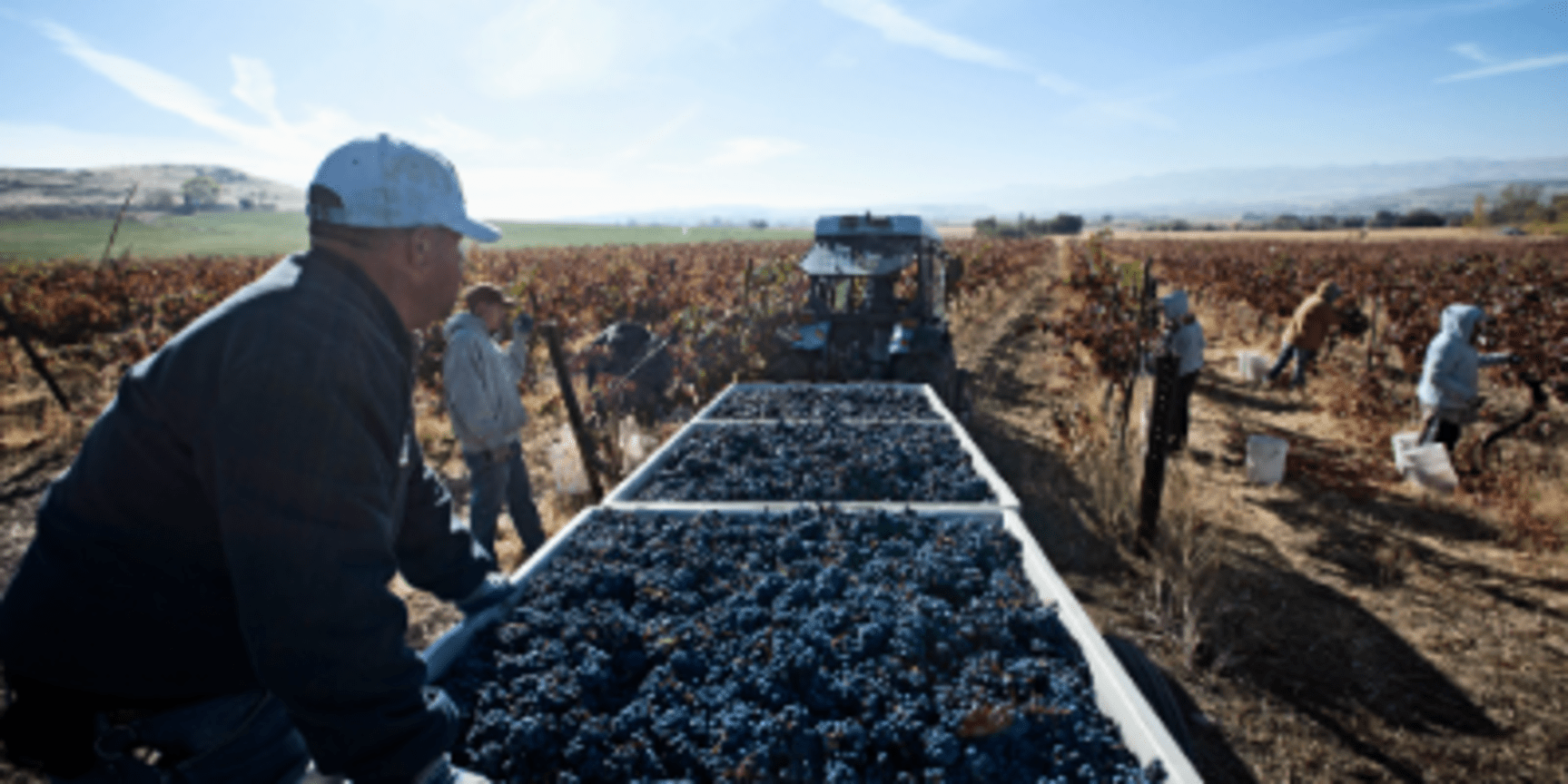Farmworkers are vital to our nation’s food supply and communities but are often among America’s most vulnerable to workplace abuses. The H-2A temporary agricultural employment program enables agricultural employers to hire foreign workers in the U.S. when certain critical conditions are met, including that the program will not adversely affect the working conditions of similarly employed workers in the United States. But based on the Department of Labor’s enforcement experience, workers employed under the H-2A program face unique risks of exploitation, in part because of the temporary nature of the work, frequent geographic isolation and dependence on a single employer for housing, transportation, and immigration status.
Workers employed under the H-2A program have shared stories of exploitation and abuse. Workers in North Carolina were denied required wages after their employers confiscated their passports. Workers in California faced retaliation when they were sent back to their home countries early after they asked why they weren’t being paid the required wage. Workers in Louisiana requested water to drink while working in the fields only to have their employer point guns at them and fire shots.
Unfortunately, these workers’ stories are not the only examples of wage theft, abuse, and retaliation in the H-2A program. In more than 400 investigations of agricultural employers using the H-2A program in fiscal year 2022, we found more than $3.6 million in back wages owed and assessed more than $6.3 million in civil money penalties. Evidence revealed in recent investigations demonstrates that H-2A workers continue to be vulnerable to human trafficking, unsafe transportation and retaliation for asserting their rights.
These stories and the results of our investigations demonstrate the need to improve accountability in the H-2A program, enhance worker protections for a vulnerable workforce, and level the playing field for employers who are complying with the requirements of the program. That’s why we’ve announced the issuance of the Farmworker Protection Rule, which provides new and strengthened worker protections in the H-2A program. The Farmworker Protection Rule will help ensure that the H-2A program does not have an adverse effect on the working conditions of similarly employed workers in the U.S. and includes changes that improve protections for all farmworkers.
The Farmworker Protection Rule includes the following reforms:
- Expanding protections for worker voice and empowerment, which will improve workers’ ability to advocate for themselves and their coworkers regarding their working conditions.
- Clarifying when a termination is “for cause” to protect key rights for workers employed under the H-2A program, including wage protections, housing and meals until the worker leaves, the cost of outbound transportation, and, if the worker is a U.S. worker, to be contacted for employment in the next year.
- Enhancing job opportunity and foreign labor recruitment transparency.
- Implementing updates to the Adverse Effect Wage Rate (AEWR) immediately to ensure farmworkers are paid at least the AEWR in effect at the time work is performed.
- Including a seat belt requirement in most vehicles to reduce transportation hazards for farmworkers.
- Enhancing protections to help prevent human trafficking and labor exploitation by expressly prohibiting employers from holding or confiscating a worker’s passport, visa or other immigration or government identification documents.
- Improving protections for workers in the event of a delay in the start of work, including requirements for notifying workers of a delay and new compensation obligations when their employer fails to provide timely notice.
- Clarifying procedures for when state workforce agencies must stop providing services through Wagner-Peyser Act Employment Service, including farmworker recruitment, to employers that fail to comply with requirements.
These changes will enhance our enforcement capabilities against fraud and H-2A program violations and will make a real difference to farmworkers.
We look forward to working together with employers, farmworkers, growers, advocates and others to ensure that these critical updates and changes protect the farmworkers sustaining our communities and our country.
For more information on the Farmworker Protection Rule, visit the Employment and Training Administration and Wage and Hour Division webpages.
José Javier Rodríguez is the assistant secretary of labor for employment and training. Jessica Looman is the administrator for the U.S. Department of Labor’s Wage and Hour Division. Follow the Wage and Hour Division on Twitter at @WHD_DOL and LinkedIn.



